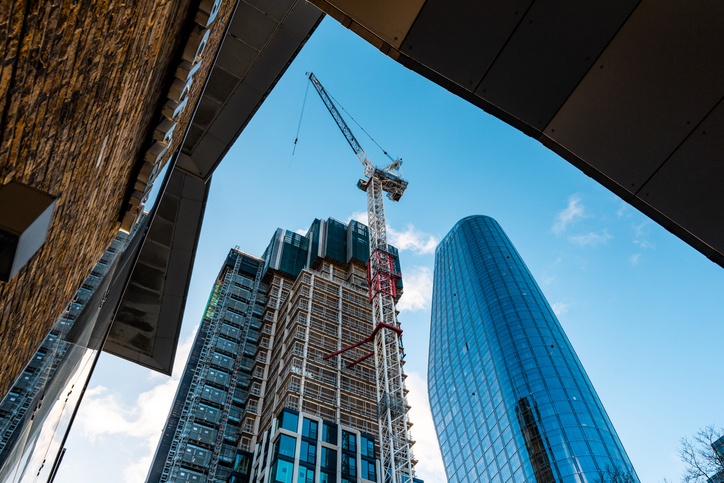We sat down with Ben Barbanel, our Head of Debt Finance, to discuss the future of lending in more uncertain times. He explained how our plan to continuously back the best businesses can remove problems that arise from the knock-on effects of a lack of funding and how data can be used to guide lending decisions.
OakNorth recently received a message on Twitter from an entrepreneur who has a small hotel and pub portfolio. The message read: “Our current bank has decided that the hospitality sector is not for them” and asked if we might be able to help.
This is an issue we hear about time and again from businesses we speak to. Having worked for traditional high-street banks both pre and post-2008 financial crisis, this is something I saw quite a bit. The economy looks like it’s heading for a rough period, and as a result, certain sectors are temporarily “vetoed” or “black-listed” as ones the bank is unwilling to lend to.
After speaking with the business that had gotten in touch on Twitter, we found out that they’d been banking with their current bank for 10 years. So, even a “relationship” of a decade wasn’t enough to get the bank to take a deeper look at their business and see if they could help…
The issue is that most banks tend to lump businesses into one of a dozen or so categories – for example, all restaurants, bars, hotels, golf clubs, spas, etc. are classified as “Hospitality and Leisure”. This approach disregards the fundamental differences in how these businesses operate and means many either get an immediate rejection or end up with a facility that’s not a good fit for their specific business needs. The experience of an all-inclusive destination resort or countryside hotel in the Lake District during the pandemic for example, would have been very different to the experience of an airport or business conference hotel.
At OakNorth, we take a much more granular approach to lending, using data and analytics to build an in-depth understanding of each business, rather than painting all businesses in a sector with the same brush. This approach has given us the opportunity to work with some of the most well-known and successful growth businesses in industry – even in times of economic uncertainty.
For example, within the hospitality sector in August 2016 – only two months after the Brexit vote – we supported leading naturally fast-food chain LEON with a £19M business loan to support its ambitious growth plans. We continued to support the business throughout the pandemic and earlier this year, the business was acquired by EG Group – a great outcome for the business which wouldn’t have been possible if it hadn’t secured the capital in 2016 to scale. Throughout the pandemic, we continued lending and supporting businesses across the UK and across a multitude of sectors – completing £1.1bn of new lending in 2020, and £1.8bn of new lending in 2021.
This trend of lumping all businesses into one of a dozen or so categories – which therefore results in lenders retrenching from the market in a down-cycle – is also a particularly big issue in the SME housebuilding space. This is because property development is a counter-cyclical product – i.e., a lender needs to agree to fund in the middle of a down-cycle for something that will be built in 2-3 years’ time – which most aren’t willing to do. What this means is that when the market returns, there is virtually no new housing stock as none has been able to be built over the prior years because funding couldn’t be secured. Given the UK needs to develop 300,000 new homes each year to deal with the housing gap, this unwillingness from most lenders to lend through cycle is a real issue.
In addition to taking a sub-sector view, another key aspect that will enable us to continue supporting growth businesses through economic cycles is our ability to always take a forward look view. A typical high-growth business grows at 20% year on year, so the difference between its last 12 months and its next 12 months, is circa 40%. So, if a lender is only lending to this business based on its historical data or past performance, they’re not lending to it based on what’s needed to support its current or future growth trajectory. It’s so important for lenders to use data and insights to build a clear picture of a business’ future growth potential and where it’s going, rather than simply relying on where it’s been.
The next 12-18 months will present a number of challenges for businesses, but we want to reassure them that we are here to help and absolutely have the appetite to continue lending irrespective of what direction the economy goes in. If anything, we see this as an opportunity to step up to the plate and support businesses at a time when, as demonstrated by the message we received on Twitter, other banks are pulling back.
To find out how OakNorth can help finance your next ambitious project, get in touch today.



